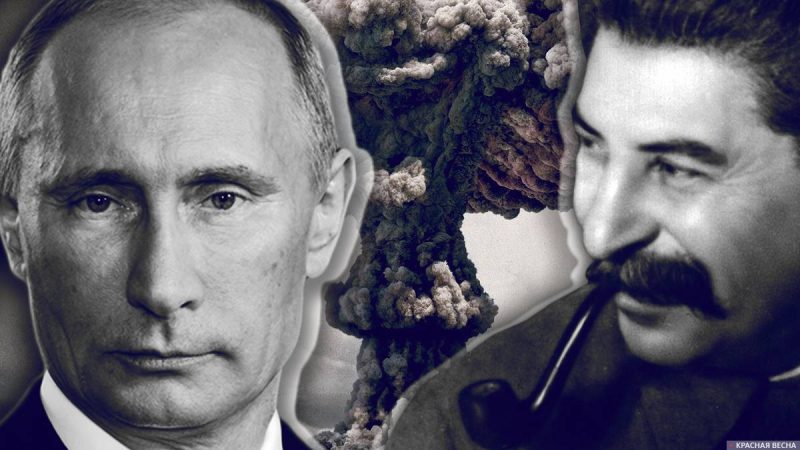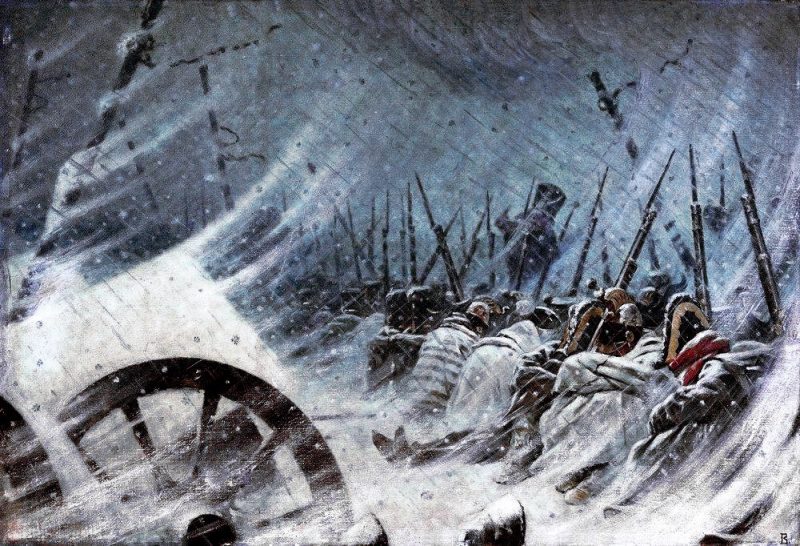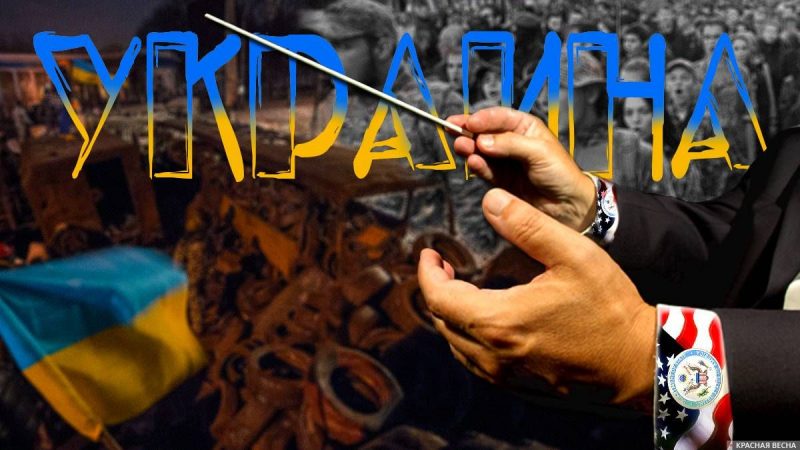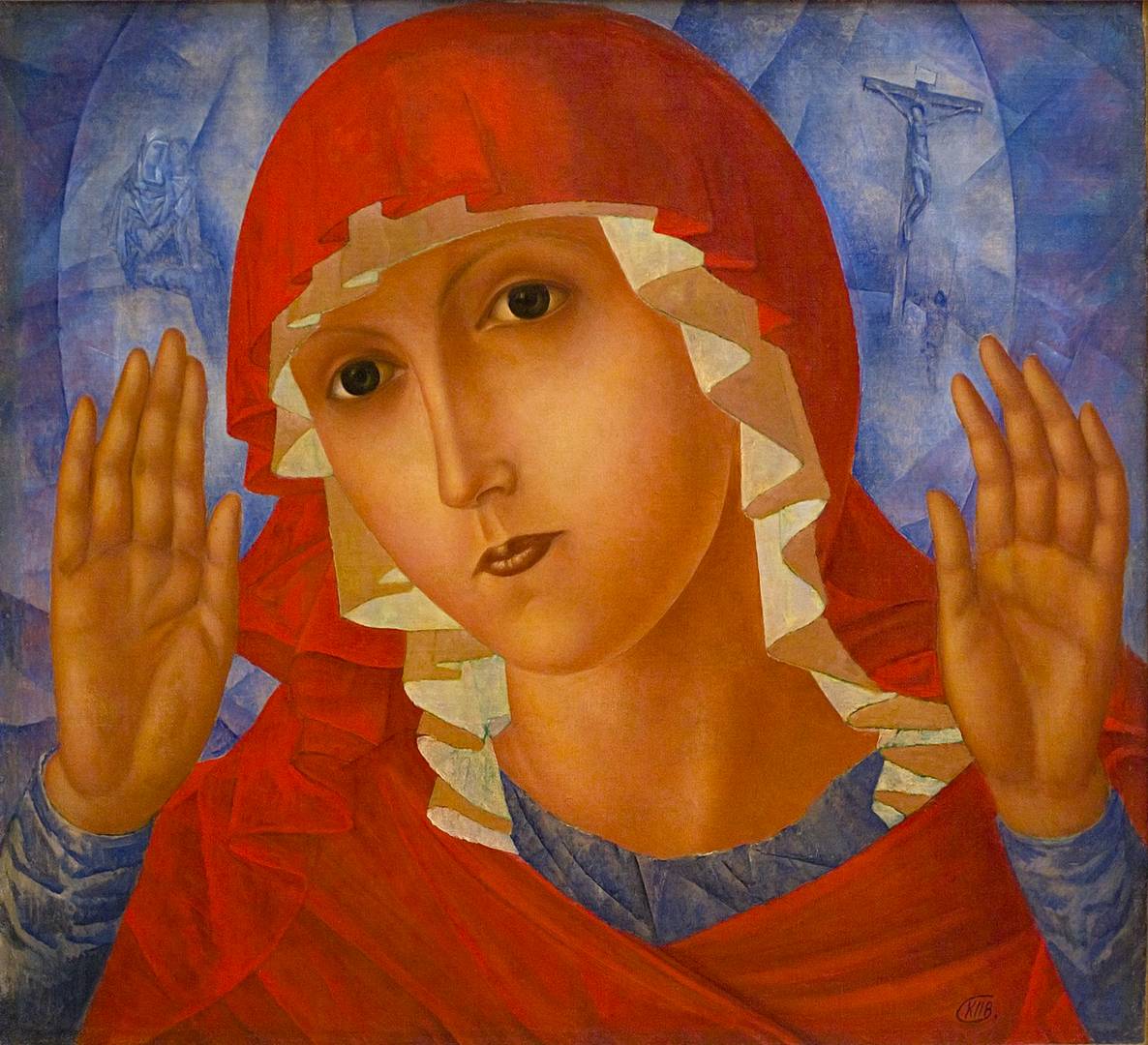26.02.2024, Aleksandrovskoye.
The most incompetent thing that Russian President Vladimir Putin could do in the post-Soviet years is to return “to neo-Stalinism” after receiving the “legacy” the USSR’s loss in the Cold War, said political scientist, philosopher, the leader of the Essence of Time movement Sergey Kurginyan in his author’s program Destiny published on February 20.
Putin received the country in “ruins” with the rising criminal chaos. The new leader had faced “an axiological, technological, existential and other tasks,” said the analyst.
“What do you do about it? It is here and it must survive, but it is what it is. The most incompetent thing Putin could do was to declare a fierce, uncompromising battle against these kind of things, to say that we are returning to neo-Stalinism, that all corruption will be destroyed, that all criminal structures will be suppressed, then theft will die out and a life close to ideal will emerge: the life with no theft, where thieves go to jail, and so on,” says Kurginyan.
Putin understood perfectly well that this reality had already been neglected to such an extent that if one declared a return to “neo-Stalinism”, and even more so – implemented it, then “such a reality will become overwhelming, and there will be nothing left of him at all – neither of him nor of his aspiration,” the analyst is confident.
“This is a long-standing political problem. In order to create a control system, and you decided: “Damn it, let’s eradicate theft,” and this eradication has begun, you need your subject, reporting personally to you, no matter what it’s called: the oprichnina (a set of repression measures implemented by Tsar Ivan the Terrible aimed at the boyars, or Russian aristocrats), or the Semyonovsky and Preobrazhensky regiments, or Mamluks, or Janissaries. You can’t just do this with the help of law enforcement,” the analyst says.
Joseph Stalin was “a major figure who had almost unlimited possibilities,” but during the last period of his life he, too, lost to state security agencies, recalled Kurginyan.
“He was giving them orders that state security agencies refused to carry out. And he became like a wolf Akela before his death in Kipling’s Jungle Book. And there is every reason to believe that this same system ended him. And then Khrushchev and Zhukov began to deal with similar issues,” said Kurginyan.
Putin, according to the analyst, was able to “scrape together”, recruit people he could trust and build a system that could straighten the situation in the country and cut off the most egregious cases of theft. That was all that could be done. This “structure” had to be more or less effective, but much more importantly, reliable.
“As everyone understood, the vertical power structure also includes the vertical of corruption and everything else… Call it what you want: ‘Petersburgers’, ‘Chekists’, ‘Cooperators’ – it doesn’t matter,” notes Kurginyan.
At the same time, the Russian President had absolutely no intention of replacing this reality with a new “super-state Stalinism,” the analyst is certain.
“He wanted to improve the reality, not eradicate it. For him it was a value-based, an existential thing. He has built a country in which it needed to be improved, and not exterminated with napalm. What came out of it is what we have. Within it – I dare say this – there is no mafia for a long time, there are new forms of socio-political organization in the society. And this must be admitted,” emphasizes Kurginyan.
In exactly this new “socio-political organizational shape,” with “all this corruption and so on,” Russia stepped into a fateful conflict with Ukraine, says the analyst, emphasizing that this conflict is “absolutely life-saving for Russia” – otherwise Russia would simply have decayed by the 1930s in the 21st century.
“And it was impossible to create anything else quickly. It had to be used, it had to be tailored for completely new goals that had nothing to do with this at all. And it was accomplished,” concluded the leader of the Essence of Time movement.
Source: Rossa Primavera News Agency




